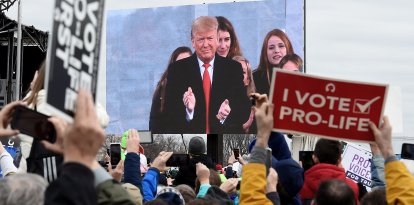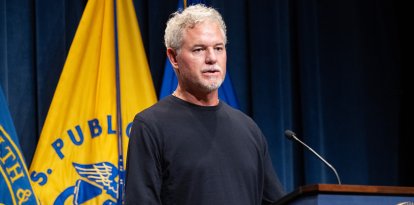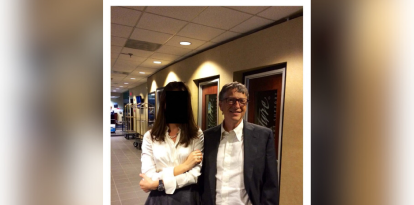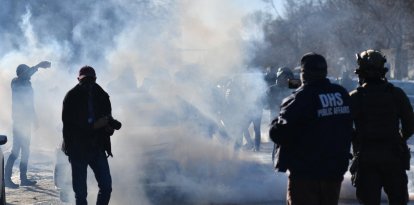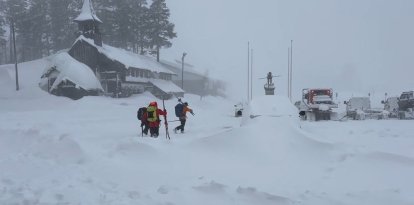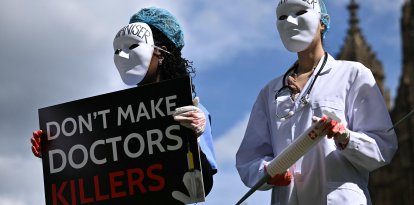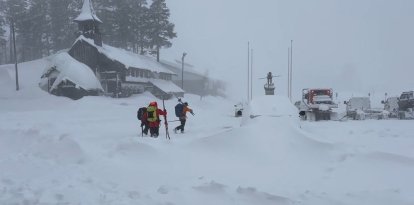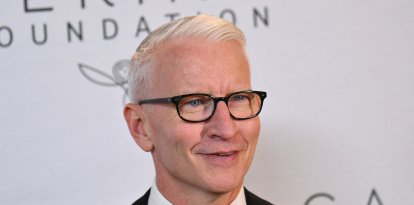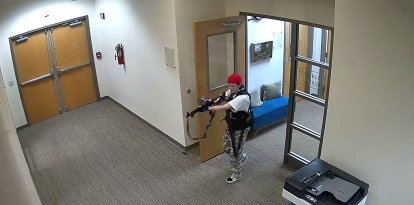Uruguay’s former president José 'Pepe' Mujica dies
The politician's legacy is debated between having become an emblem of the Latin American left and a "dark past" for his role as a guerrilla in the Tupamaros Movement in Uruguay.

José Mujica, in 2019
Leftist and former Uruguayan President José 'Pepe' Mujica, who was a member of the violent leftist guerrilla group, Los Tupamaros, died Tuesday, May 13, at the age of 89, Uruguayan President Yamandú Orsi confirmed.
"With deep sorrow we communicate that our comrade Pepe Mujica passed away. President, militant, referent and leader. We are going to miss you very much dear old man. Thank you for everything you gave us and for your deep love for your people," wrote the president on X.
The politician passed away after going through the "terminal" phase of esophageal cancer - which he was diagnosed with in 2024 - and receiving palliative care to avoid pain, according to information from his wife, former vice president Lucia Topolansky, to a local media outlet hours earlier.
In January of this year, Mujica revealed that the cancer had spread through his body and that, at 89 years old, he would not do any more treatments.
Mujica and his "legally" amnestied past
Although he came to earn the nickname of the world's 'poorest' president for his direct style and austere way of life - a claim he always denied - Pepe was a controversial figure in the world of politics. His legacy is debated between having become an emblem of the Latin American left and a "dark past" for his role as a guerrilla in the Tupamaros Movement in Uruguay.
José Alberto "Pepe" Mujica Cordano was born on May 20, 1935 in Montevideo, Uruguay.
Mujica was a member of the Movimiento de Liberación Nacional-Tupamaros (MLN-T), a leftist guerrilla organization active in Uruguay during the 1960s and early 1970s, inspired by the then born Cuban Revolution and the figure of Fidel Castro.
The Tupamaros carried out armed actions against the state, including robberies (called "expropriations"), kidnappings and bombings. This left-wing armed group was one of the main subversive organizations in Latin America before the military dictatorships.
It also participated in operations such as a bank and armored truck robberies - which the Tupamaros called "expropriations" -, kidnappings of diplomats such as that of Brazilian Consul Aloysio Dias Gomide and British Consul Geoffrey Jackson, and the seizure of barracks and arms depots.
Although no murders are directly attributed to him, the former president was part of an organization that was involved in violent actions where there were injuries and deaths, including clashes with security forces.
Never tried for murder
Mujica was captured on several occasions: he was imprisoned for almost 15 years and then began a life in politics. After the military dictatorship (1973-1985), Mujica was released in 1985 thanks to an amnesty law for political prisoners. Since then, he participated in politics in a democratic way, as a deputy, senator, minister and then president.
Victims of Tupamaro terrorism criticize him for never having explicitly apologized for the violent actions of the MLN-T and relativizing his group's violence, focusing on state repression as the main culprit.













